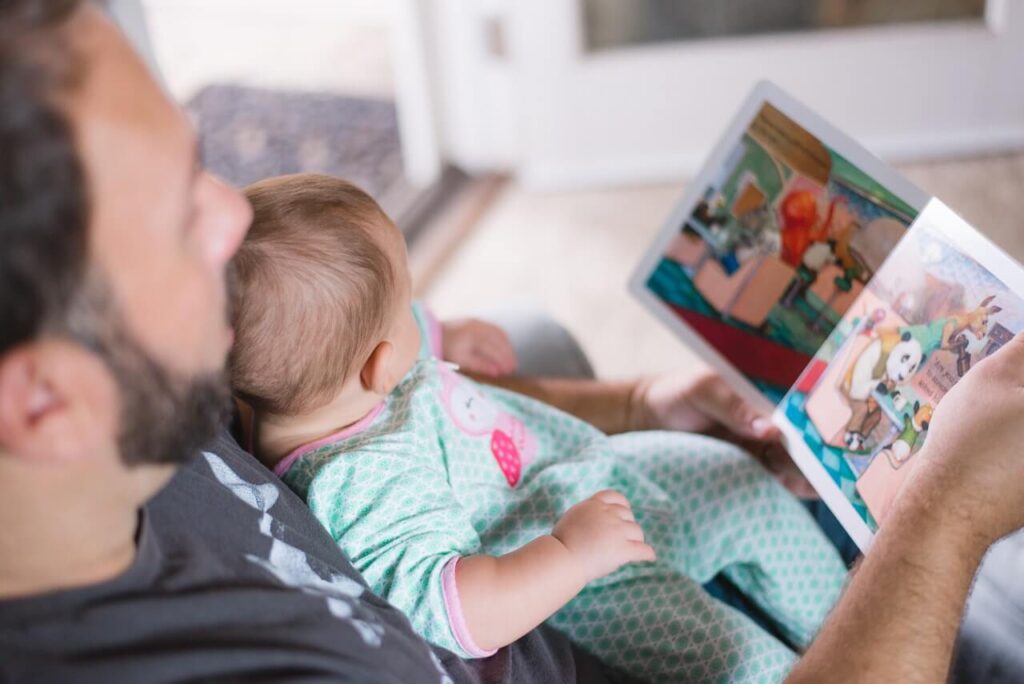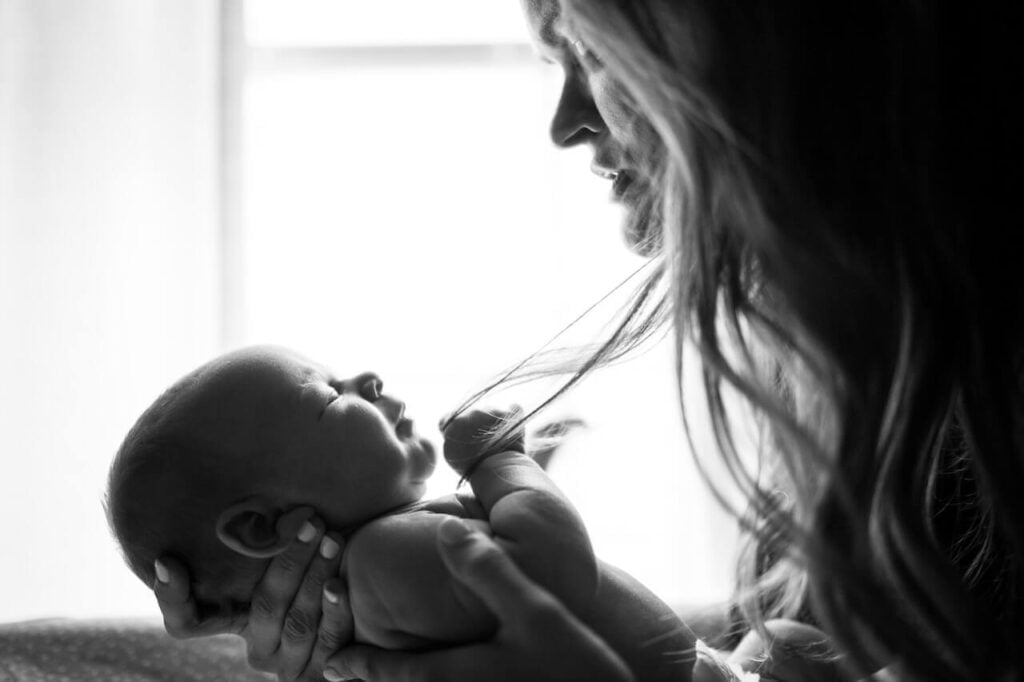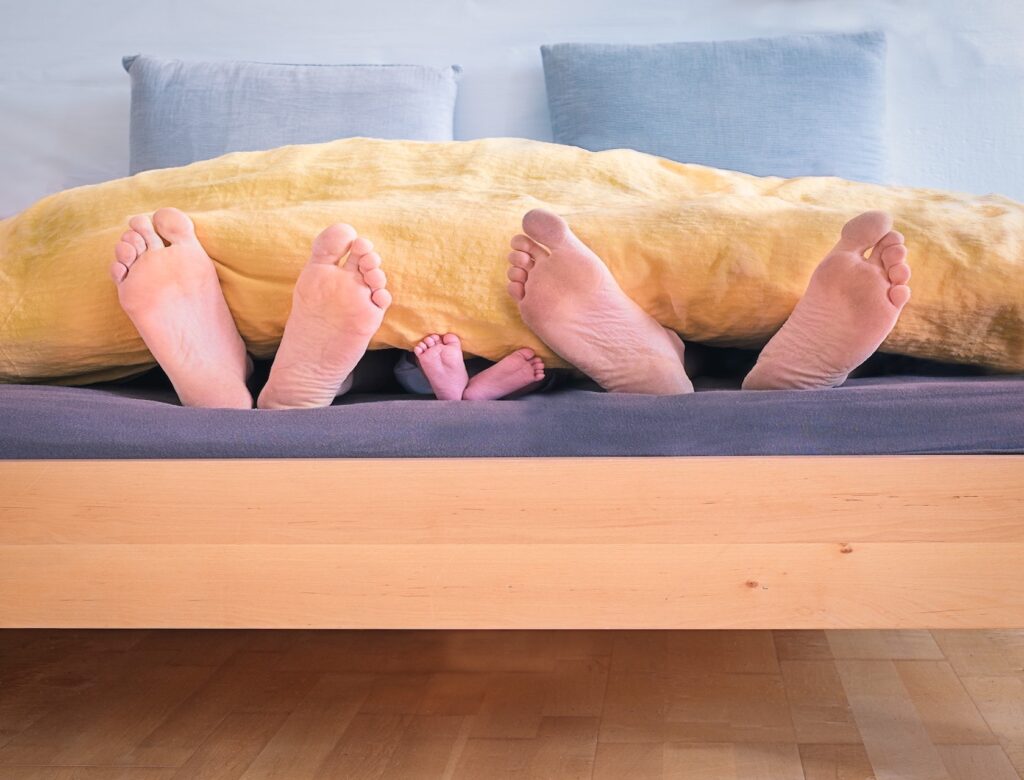Parenthood brings joy and happiness, but it also brings some physical challenges, especially for new parents. The care and nurturing of a newborn can put a significant strain on a parent's body, resulting in orthopedic problems. In this article, we will discuss the common orthopedic problems that new parents experience, their symptoms, causes, and prevention.
Parenting requires physical strength, endurance, and flexibility. New parents are more susceptible to orthopedic problems as they need to carry their newborns frequently. Furthermore, they may be sleep-deprived and stressed, which can lead to poor posture and muscle strain.
Table of contents
Common Orthopaedic Problems in New Parents
Back pain
Back pain is one of the most common orthopedic problems in new parents. It can occur due to poor posture while carrying the baby, lifting and bending, or breastfeeding. Back pain can be acute or chronic and can affect the lower or upper back.
Shoulder Pain
New parents often experience shoulder pain due to carrying the baby on one side, especially when breastfeeding. This can cause pain and stiffness in the shoulders, neck, and upper back.
Carpal tunnel syndrome
Carpal Tunnel Syndrome is a condition that occurs due to the compression of the median nerve in the wrist. New parents are at risk of developing Carpal Tunnel Syndrome due to repetitive wrist movements while holding the baby or performing tasks such as changing diapers.
De Quervain's tenosynovitis
De Quervain's Tenosynovitis is a painful condition that affects the tendons on the thumb side of the wrist. New parents can develop this condition due to repetitive hand and wrist movements while holding the baby or performing tasks such as lifting the car seat.
Tennis Elbow
Tennis elbow is a condition that causes pain and inflammation in the outer part of the elbow. New parents can develop tennis elbow due to repetitive lifting and carrying of the baby or other heavy objects.
Hip pain
Hip pain is a common orthopedic problem in new mothers. It can occur due to the hormone relaxin, which loosens the ligaments and joints in preparation for childbirth. This can lead to instability and pain in the hips.


Causes of Orthopaedic Problems in New Parents
Orthopaedic problems in new parents can occur due to several reasons. Some of the common causes include:
• Poor posture
• Lifting and carrying the baby incorrectly
• Repetitive movements while performing baby care tasks
• Lack of exercise
• Lack of sleep and rest
Symptoms of Orthopaedic Problems in New Parents
The symptoms of orthopedic problems in new parents vary depending on the condition. However, some of the common symptoms include:
• Pain in the back, shoulders, hips, and wrists
• Stiffness in the neck, shoulders, and upper back
• Numbness and tingling in the hands and fingers
• Weakness in the arms and hands
• Difficulty in performing daily activities


Prevention of Orthopaedic Problems in New Parents
New parents can take several steps to prevent orthopedic problems. Some of the preventive measures include:
• Maintaining proper posture while carrying the baby
• Using a baby carrier or sling to distribute the weight evenly
• Avoiding repetitive hand and wrist movements
• Taking breaks and resting between tasks
• Incorporating low-impact exercises such as yoga and stretching
Conclusion
Orthopedic problems are common in new parents due to the physical demands of caring for a newborn. The most common orthopedic problems include back pain, shoulder pain, carpal tunnel syndrome, De Quervain’s, tennis elbow and hip pain. Simple modifications in everyday activities and the use of proper technique and equipment can help mitigate most of these issues. However, in case of persistent symptoms, it is important to seek advice by an experienced orthopaedic surgeon.
Frequently Asked Questions
Why do new parents get orthopaedic problems?
New parents are more susceptible to orthopedic problems as they need to carry their newborns frequently. Furthermore, they may be sleep-deprived and stressed, which can lead to poor posture and muscle strain.
What are the most common ones?
– De Quervain's tenosynovitis
– Carpal tunnel syndrome
– Tennis elbow
Find us
Book an appointment with us today

